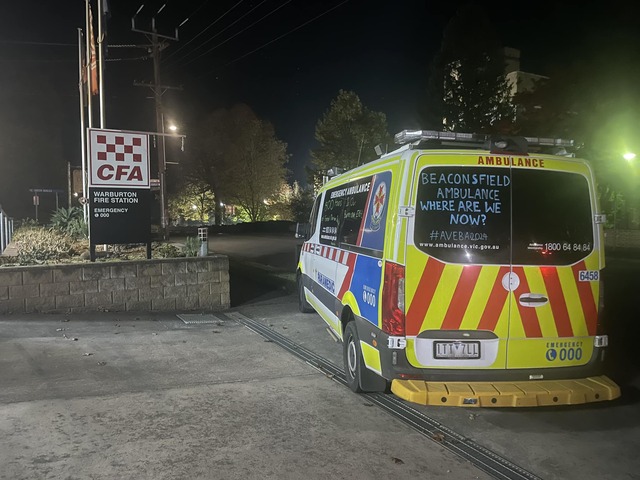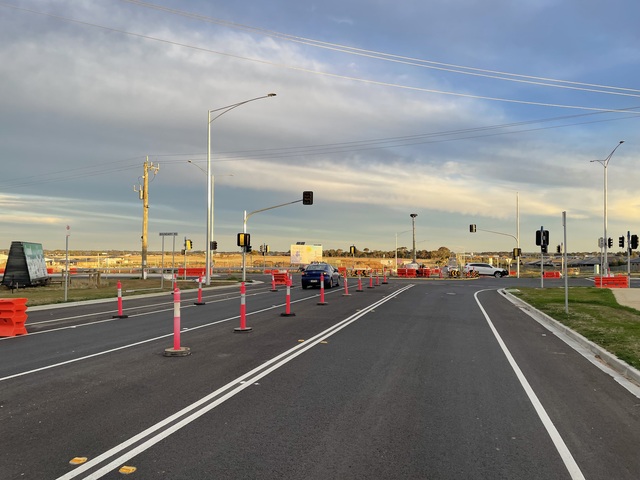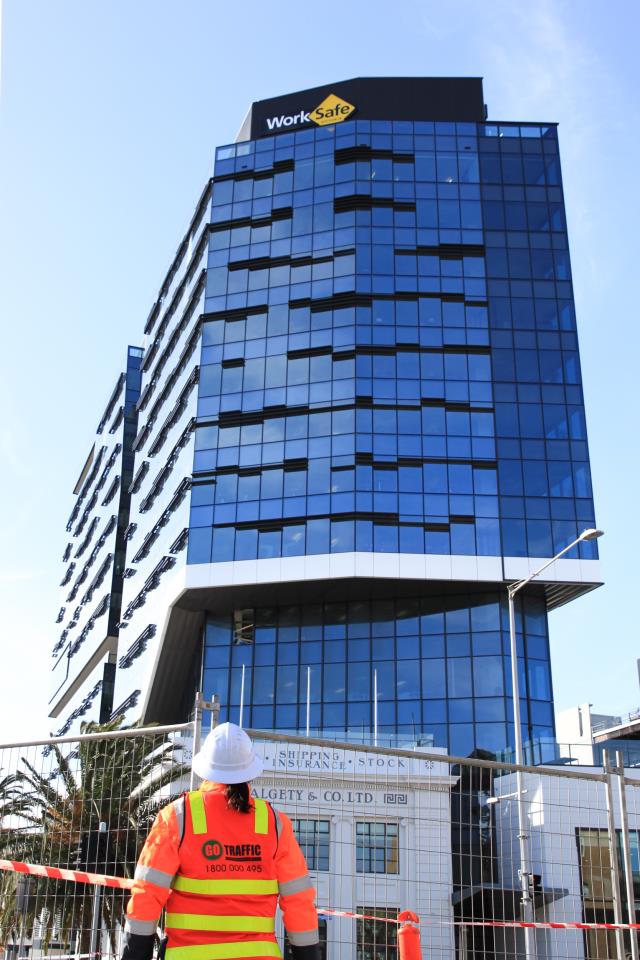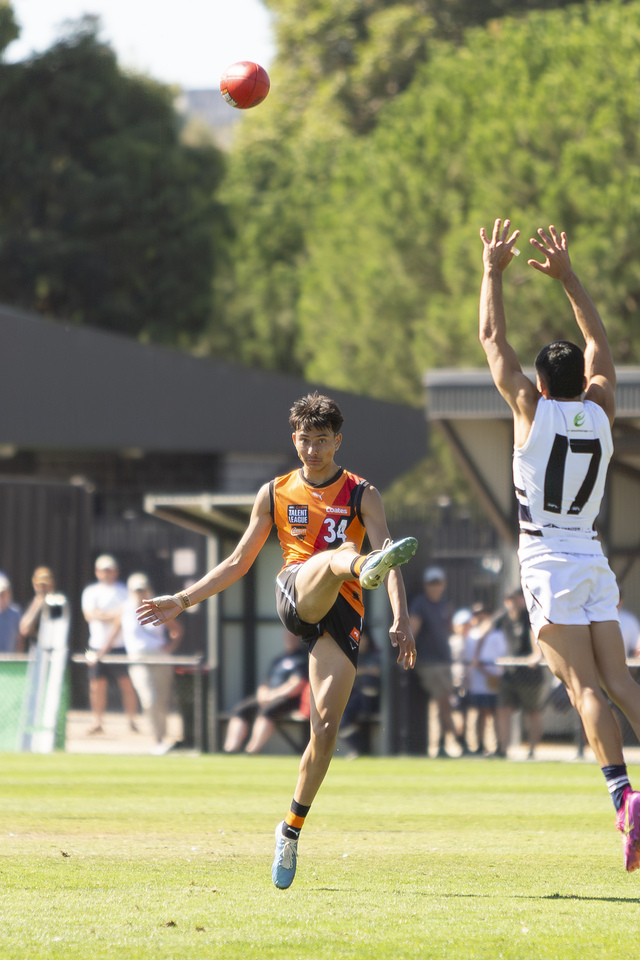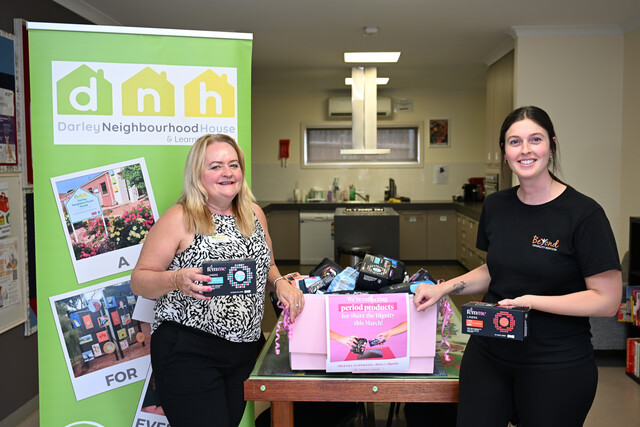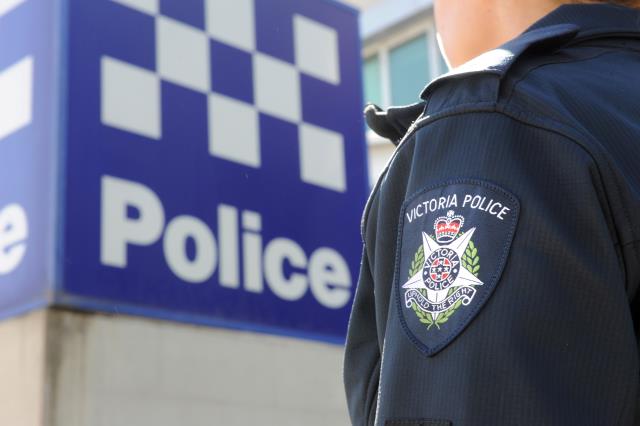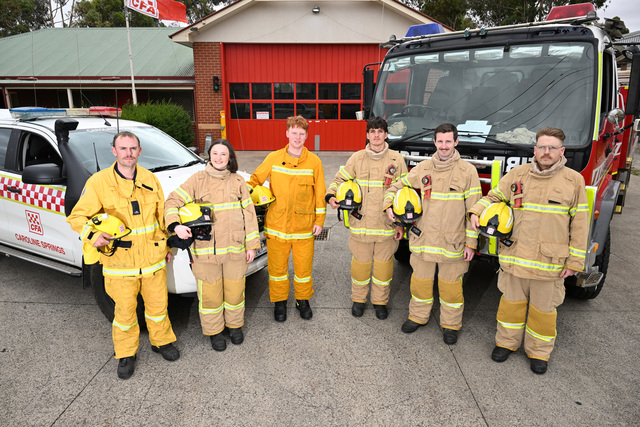Response times to urgent medical emergencies have slowed in Melton and Moorabool.
According to new data from Ambulance Victoria, ambulances in the two municipalities are taking longer to respond to Code 1 cases. Code 1 cases include heart attacks, strokes, car accidents, and cardiac arrests, and are required to be met within 15 minutes.
A Code 1 case means paramedics turn on sirens and lights to get to an incident as soon as possible.
In this most recent quarter, from April 1 – June 30, the average response time for Melton was 17 minutes 10 seconds.
Out of 3271 first responses, only 52.9 per cent of ambulances arrived in 15 minutes or less.
This is a dramatic drop off when compared to the quarter before, which had an average response time of 16 minutes four seconds with 59.5 per cent arriving in 15 minutes or under.
Moorabool fared no better this quarter, with an average response time of 19 minutes 2 seconds and only 43.1 per cent of timely responses.
From January 1 to March 30, there was a 52.6 per cent rate of timely responses with an average response time of 16 minutes 27 seconds.
Victorian Ambulance Union secretary Danny Hill said the results were unsurprising and that paramedics were frustrated with being held back.
“Paramedics are spending more time ramped at hospital, more time being sent to trivial cases, and less time responding to genuine emergency patients,” he said.
“The entire workforce has been screaming ‘iceberg right ahead’, and now the ship is sinking… patients are suffering.”
Ambulance Victoria metropolitan regional director Michael Georgiou said people could help ease pressure on paramedics in a variety of ways.
“If your matter is not an emergency, consider using alternative care options like Primary Priority Care Centres (PPCC) or the Victorian Virtual Emergency Department (VVED) and keep our highly skilled paramedics available for patients most in need,” he said.
“Staying up to date with your yearly flu and COVID-19 vaccinations helps protect you, the people around you, and makes a difference reducing demand on our paramedics during this busy time.“

